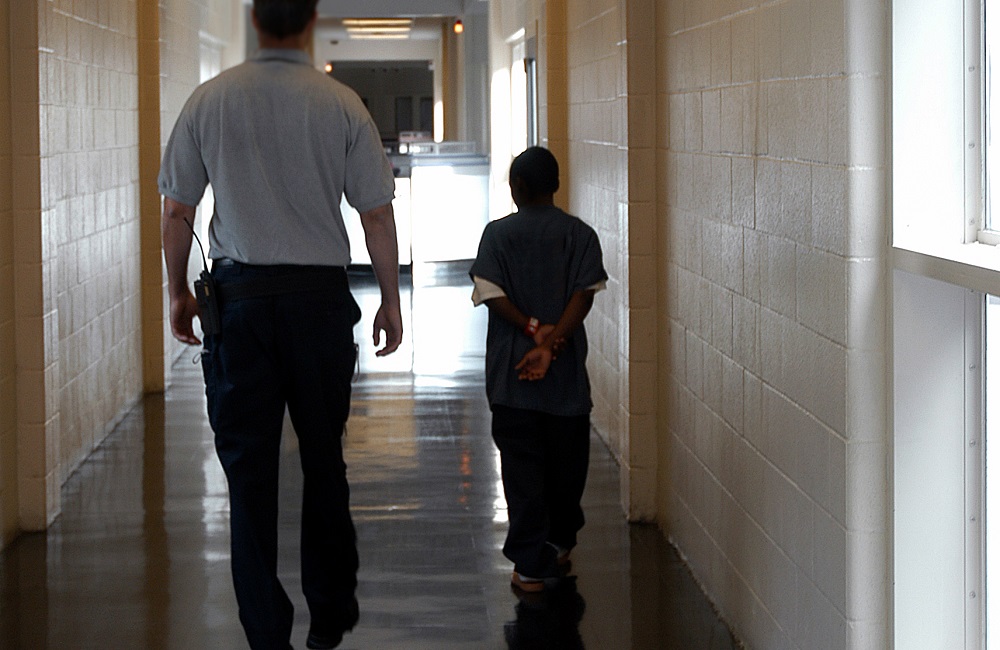![]() Juvenile justice systems across the country are experiencing an unprecedented staffing crisis, which jeopardizes the safety and well-being of employees in the system and the youth in their care.
Juvenile justice systems across the country are experiencing an unprecedented staffing crisis, which jeopardizes the safety and well-being of employees in the system and the youth in their care.
We recently conducted a survey of juvenile justice agencies on their staff hiring and retention challenges. Over 200 individual state and local juvenile corrections and probation agencies representing 37 states and over 190 counties reported that they are facing greater staffing difficulties than at any time in the past 10 years. And it’s not only government agencies that are dealing with staff shortages — 85% of agencies reported that their community-based service providers are also facing moderate to severe staffing challenges.
The impacts are staggering. Three-quarters of survey respondents voiced concerns about the effect these shortages have on the quality of youth supervision, service availability, and agency adherence to best practices. In our work with juvenile justice systems across the country, we frequently hear reports of long wait lists for youth to receive services and youth being stuck for months in secure detention facilities because of a lack of viable community-based or long-term residential alternatives.
Read the full story on Youth Today →
